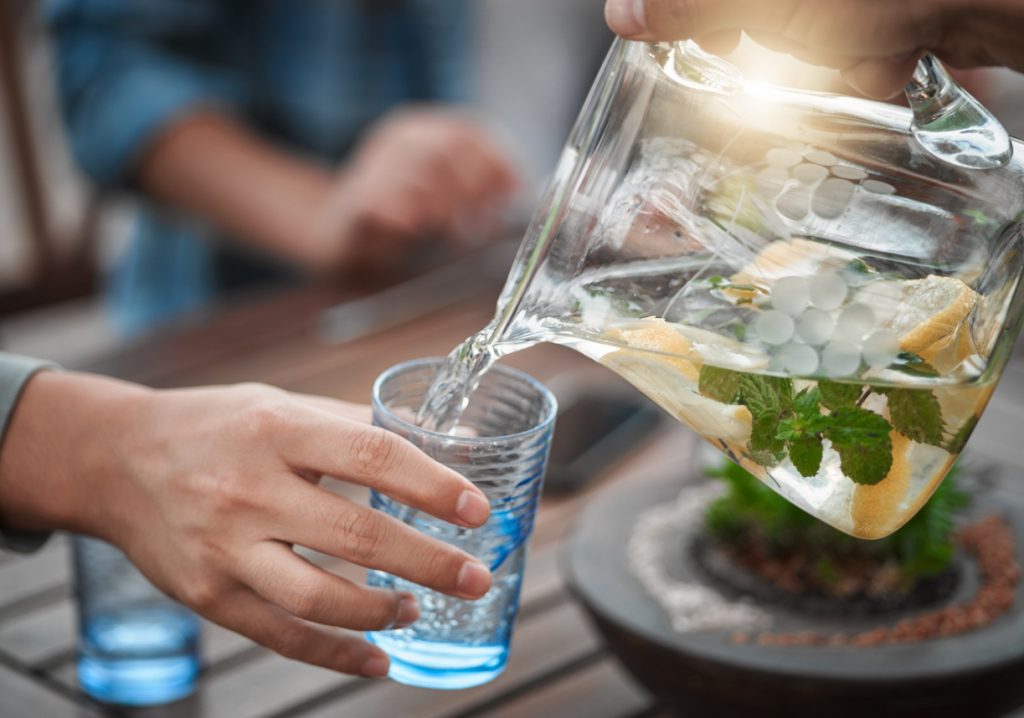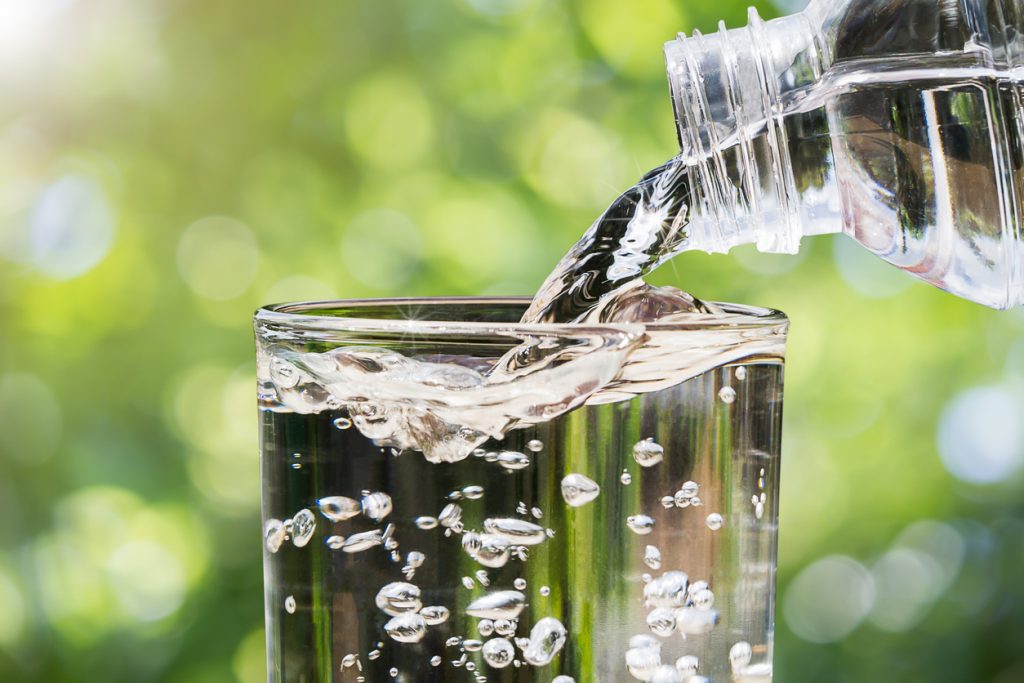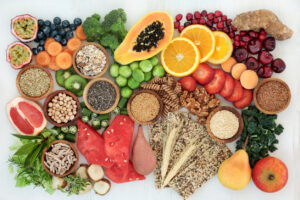While fasting is enjoying a dramatic surge in popularity, the process has actually been practiced by various cultures for centuries. At its core, fasting involves restricting the amount of food you eat. In the past, fasting has often been tied to the observance of certain religious holidays. Today, however, fasting is often used as a way to lose weight. It’s particularly appealing to postmenopausal women in their prime who often find it difficult to lose weight and keep it off.
Fasting Diets
 Most of the fasting regimens popular today involve intermittent fasting. There are intervals where you fast for a certain number of hours, then you eat. In some instances, there might be restrictions on the foods eaten.
Most of the fasting regimens popular today involve intermittent fasting. There are intervals where you fast for a certain number of hours, then you eat. In some instances, there might be restrictions on the foods eaten.
One popular fasting diet is the 16:8 diet. When you follow this intermittent fasting diet, you fast for 16 hours, then eat whatever you like for the next 8 hours. Because you can make sure the fasting portion includes the time you are sleeping and it is likely to fit pretty neatly into your daily routine anyway, this diet is popular.
Another reason for its popularity is that you can eat whatever you desire during the eight hours you aren’t fasting. This often results in making food choices that aren’t conducive to weight loss though, so you might not see the great results touted in the media.
What is Water Fasting?
Water fasting is pretty much self-explanatory: you consume only water. During a water fast, you don’t eat any foods or drink any other types of beverages. Only water is allowed to cross your lips.
If this sounds like a good way to lose weight quickly, you’d be tapping into the reason why water fasting has soared in popularity recently. And that’s not all.
There are studies showing you could experience health benefits — such as a reduced risk of some chronic diseases — from water fasting. Autophagy, the process of your body breaking down and reusing its old cells, could also be stimulated by water fasting.
Should You Adopt Water Fasting?
 If you need to lose weight in a short amount of time for a special event, water fasting can hold a certain appeal. The practice is not without its significant dangers though. In spite of the benefits noted above, the studies of people using water fasting have been pretty limited so far.
If you need to lose weight in a short amount of time for a special event, water fasting can hold a certain appeal. The practice is not without its significant dangers though. In spite of the benefits noted above, the studies of people using water fasting have been pretty limited so far.
It’s also a pretty extreme form of fasting because your body is being deprived of the nutrition it needs to perform even the most basic tasks. This causes your metabolism to go into a “fasting state” because your body recognizes it’s not getting the fuel needed to sustain itself. At this point, your body taps into its stores of lipids and proteins. It’s important to note here that this fasting state is just one step above your body’s “starvation state.”
The Dangers of Water Fasting
Beyond simply not ingesting anything at all, water fasting is arguably the most dangerous of all the diet fads out there. What’s even scarier is that there are clinics devoted to water fasting.
What can happen when you follow a water fasting diet for even a short time like 24 or 48 hours? In addition to your body using up its stores of fats and turning to your muscle tissue for energy, your health could take a turn for the worse. Symptoms of a lack of nutrition could be mild such as irritability, slight drops in blood pressure, fatigue and anxiety.
Serious complications are also possible including confusion, seizures, heart arrhythmias and a loss of consciousness. There’s no way to know which camp you’ll fall into, though. You could experience only a few mildly-bothersome symptoms like fatigue and irritability the first time you try water fasting and then have serious complications the next time without warning.
What Science Says About Water Fasting
 In essence, science doesn’t have much to say about water fasting because the practice simply hasn’t been researched extensively. So far, there have been very few high-quality research studies devoted to the effects of water fasting on humans. There’s no way of knowing exactly what the short-term and long-term effects of the practice are.
In essence, science doesn’t have much to say about water fasting because the practice simply hasn’t been researched extensively. So far, there have been very few high-quality research studies devoted to the effects of water fasting on humans. There’s no way of knowing exactly what the short-term and long-term effects of the practice are.
Another matter that further complicates the adoption of water fasting as a weight loss aid is that there aren’t any established guidelines or any recommended parameters surrounding it. This goes back to the lack of substantial research and data regarding these elements of water fasting.
While water fasting definitely has its appeal — after all, you WILL lose weight — the negative effects on your health wipe out any of its negligible benefits. One suggestion if you want to lose weight without having to diet or exercise is to simply drink water instead of sugary sodas, fruit juices and even diet sodas.







